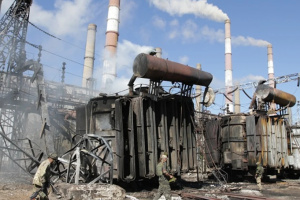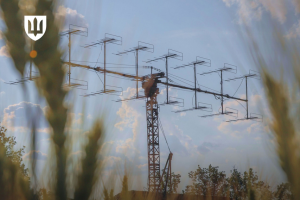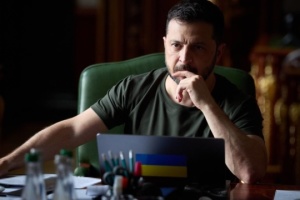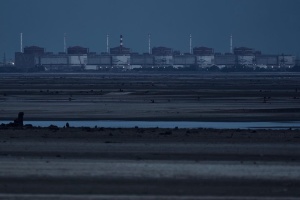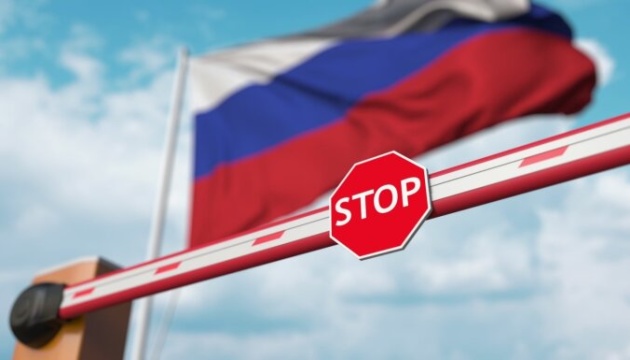
EU passes 14th package of Russia sanctions
That’s according to the European Council press service, Ukrinform reports.
"The Council adopted today a 14th package of economic and individual restrictive measures dealing a further blow to Putin’s regime and those who perpetuate his illegal, unprovoked and unjustified war of aggression against Ukraine. These measures are designed to target high-value sectors of the Russian economy, like energy, finance and trade, and make it ever more difficult to circumvent EU sanctions," the report says.
Today’s package includes restrictive measures on additional 116 individuals and entities responsible for actions undermining or threatening the territorial integrity, sovereignty and independence of Ukraine.
In the field of energy, in order to ensure that EU facilities are not used to tranship Russian liquified natural gas (LNG) to third countries, and thereby reduce the significant revenues that Russia derives from LNG sale and transport, the EU will forbid reloading services of Russian LNG in EU territory for the purpose of transshipment operations to third countries.
"This covers both ship-to-ship transfers and ship-to-shore transfers, as well as re-loading operations, and does not affect import but only re-export to third countries via the EU. The European Commission will monitor the implementation and development of this decision and may propose mitigating measures if necessary," the statement reads.
At the same time, the EU will prohibit new investments, as well as the provision of goods, technology, and services for the completion of LNG projects under construction, such as Arctic LNG 2 and Murmansk LNG. Import restrictions are introduced on Russian LNG through EU terminals not connected to the natural gas system.
The new package of sanctions provides for additional tools to crack down on circumvention.
EU parent companies will be required to undertake their best efforts to ensure that their third-country subsidiaries do not take part in any activities resulting in an outcome that the sanctions seek to prevent.
In the same context, with the aim of countering the re-exportation to Russia of battlefield goods found in Ukraine or critical for the Russian military systems, EU trade operators selling such goods to third countries will be obliged to implement due diligence mechanisms capable of identifying and assessing risks of such re-exportation to Russia, as well as militating them.
In addition, EU operators transferring industrial know-how for the production of battlefield goods to third-country commercial counterparts will now have to include contractual provisions to ensure that such know-how will not be used for goods intended to Russia.
In the financial area, the Council decided to outlaw the use of the System for Transfer of Financial Messages (SPFS), developed by the Central Bank of Russia to neutralize the effect of restrictive measures. EU entities operating outside of Russia will be forbidden from connecting to the SPFS or equivalent specialized financial messaging services.
In addition, EU operators will be barred from making transactions with specifically listed entities using SPFS outside of Russia.
In addition, the EU Council is introducing a ban on transactions with targeted credit and financial institutions and crypto assets providers established outside of the EU, when these entities facilitate transactions that support Russia’s defence-industrial base through the export, supply, sale, transfer or transport towards Russia of dual-use goods and technology, sensitive items, battlefield goods, firearms and ammunition.
The 14th package of sanctions against the aggressor state, adopted today, directly prohibits political parties, organizations, and think tanks from using any funding from the Russian state and its proxies, introduces restrictions in the field of transport, introduces additional measures to strengthen export and import control, as well as restrictions against 61 entities in third countries that are involved in the violation of the ban on the supply of dual-use goods and technology to Russia.
As reported earlier, since the outset of Russian aggression against Ukraine, the EU has been providing Ukraine with significant economic, political and financial assistance, pursuing a consistent policy of applying economic and individual sanctions against the aggressor state, and also taking measures to avoid their circumvention by third party governments and entities.

